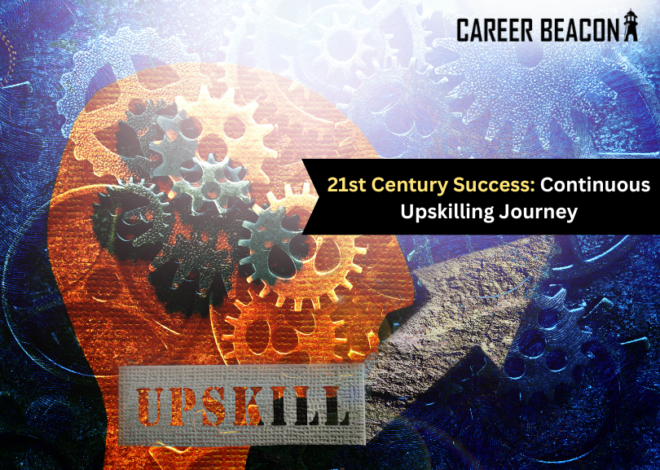
Why Career Counselling is Important After Board Exams: Exploring Career Options After 12th Commerce
Career counselling assists students in making decisions about their future based on their abilities, interests, and skills rather than selecting a career options after 12th commerce because it is “safe,” “popular,” or that everyone in their family works in the industry.
Introduction
Completing the board exams marks a significant milestone in every student’s academic journey. For those who have pursued the commerce stream, this juncture brings forth a crucial decision – choosing the right career path. With numerous career options after 12th commerce, it becomes imperative to seek guidance and explore the possibilities through career counselling. In this blog, we delve into the importance of career counselling and how it assists students in making informed choices for a successful future.
1. Understanding Personal Interests
Career options after 12th commerce, students often find themselves uncertain about their career preferences. Career counselling provides a platform to explore their personal interests, strengths, and aptitudes. Through psychometric assessments and one-on-one discussions, students can gain clarity about their inclinations, allowing them to align their career choices with their true passions.
2. Awareness of Career Options After 12th Commerce
The realm of career options after 12th commerce is vast and diverse. Career counselling plays a pivotal role in enlightening students about the various paths available. From traditional options like Chartered Accountancy, Company Secretary, and Finance to emerging fields like Digital Marketing, Entrepreneurship, and Event Management, career counsellors can provide valuable insights into the opportunities that suit individual skills and aspirations.
3. In-depth Knowledge of Courses and Institutes
While choosing a career option, students must be aware of the relevant courses and institutes that offer them. Career counsellors possess comprehensive knowledge about different courses, their eligibility criteria, and the reputation of institutes. They guide students towards esteemed educational institutions that can provide the necessary training and exposure for their chosen careers.
4. Identifying Skills and Development Areas
Career counselling helps students identify their strengths and weaknesses. This understanding enables them to work on their skill gaps and enhance their abilities. Counsellors provide guidance on skill development programs, certifications, and short-term courses that can equip students with the necessary competencies required in their chosen careers.
5. Future Job Prospects
A major concern for students after their board exams is the availability of job opportunities in their desired fields. Career counselling provides insights into the future prospects of different careers, such as market demand, growth potential, and salary expectations. This knowledge empowers students to make informed decisions and opt for careers that offer stability and growth.
6. Overcoming Confusion and Anxiety
The transition from school to college and the subsequent professional world can be overwhelming. Career counselling serves as a support system, helping students navigate through their confusion and anxiety. By providing a safe space for discussions and addressing concerns, counsellors help alleviate stress and boost confidence.
7. Customized Career Plans
Every student is unique, with distinct goals and aspirations. Career counselling recognizes this individuality and tailors career plans accordingly. Counsellors take into account a student’s interests, strengths, and constraints to create a customized roadmap that aligns with their specific needs and ambitions.
8. Long-term Career Growth
Career counselling goes beyond immediate career choices; it focuses on long-term growth and development. Counsellors provide guidance on further education, higher studies, and professional certifications that can enhance career prospects. They assist students in charting a path for continuous learning and advancement.
9. Adapting to Changing Industries
Industries and job markets evolve rapidly, and it’s crucial for students to stay updated with the changing trends. Career counselling equips students with the knowledge to adapt to these transformations. Counsellors shed light on emerging fields, transferable skills, and the importance of lifelong learning to remain relevant in an ever-changing job market.
10. Building Self-confidence and Motivation
Ultimately, career counselling instills self-confidence and motivation in students. By providing them with the necessary guidance, information


